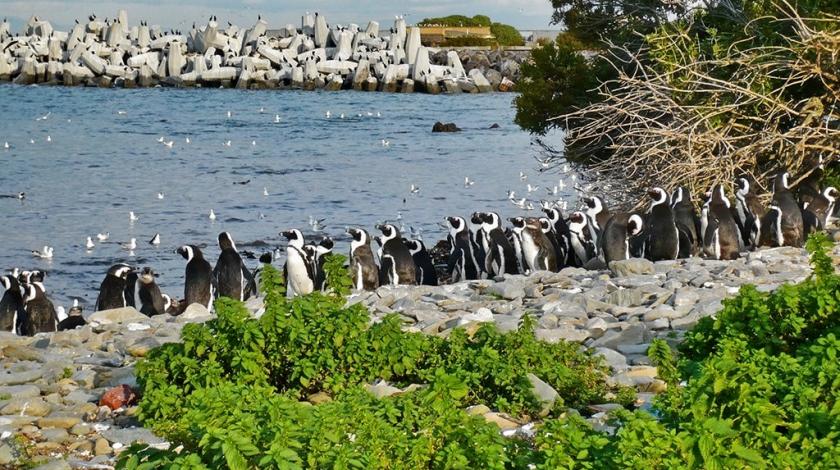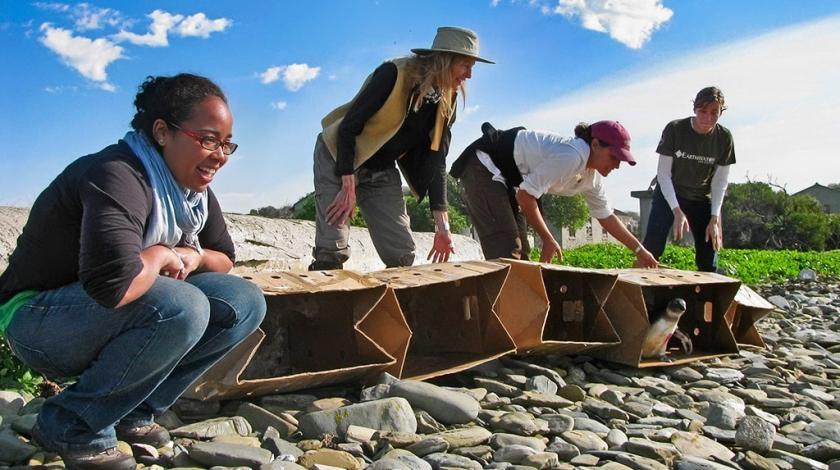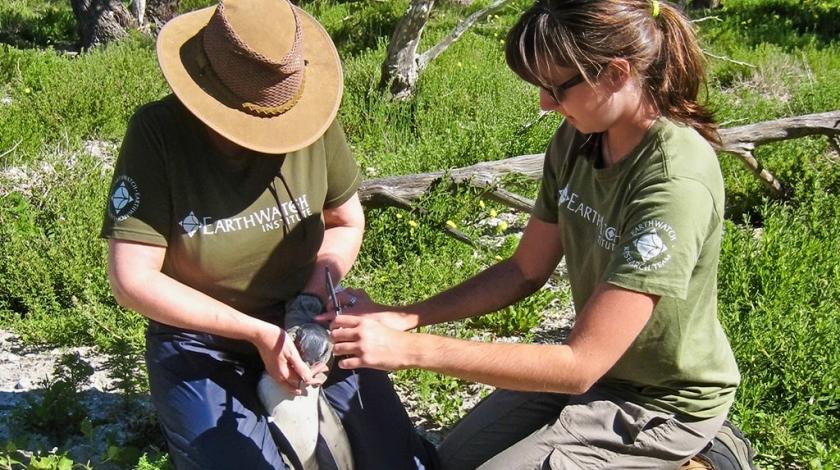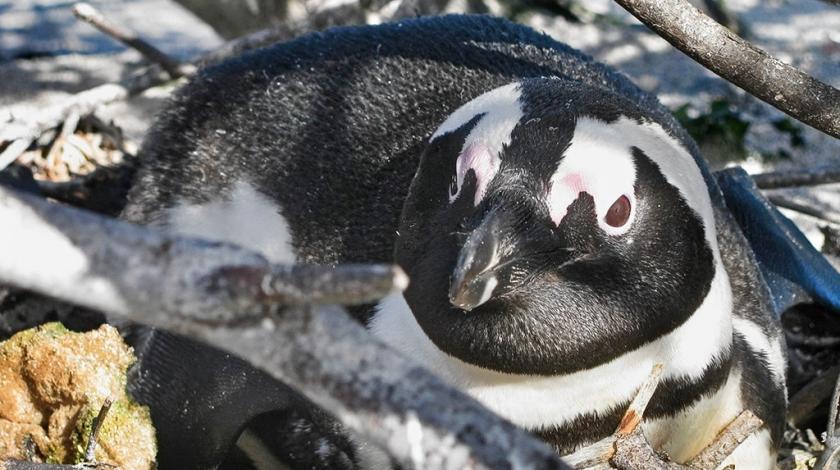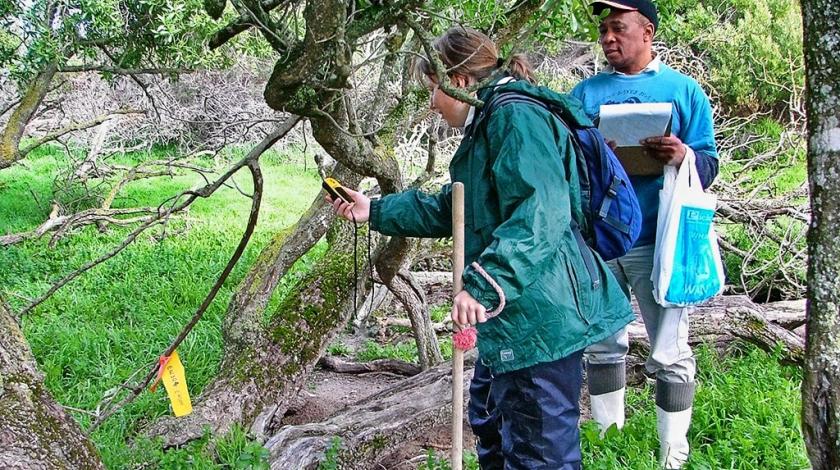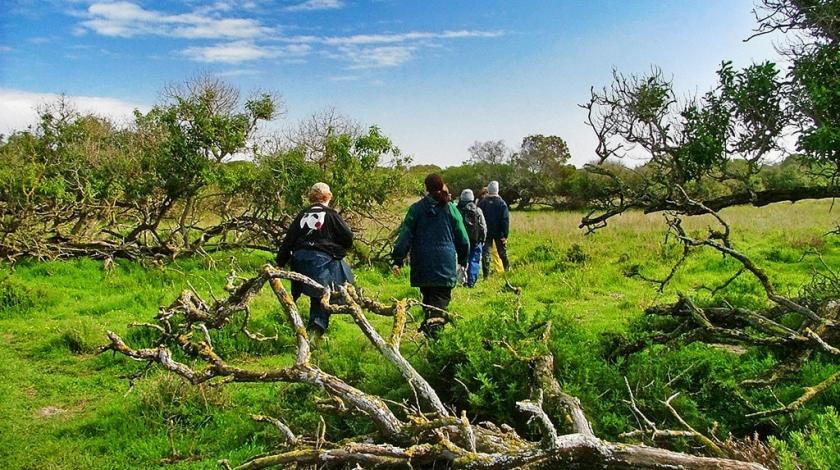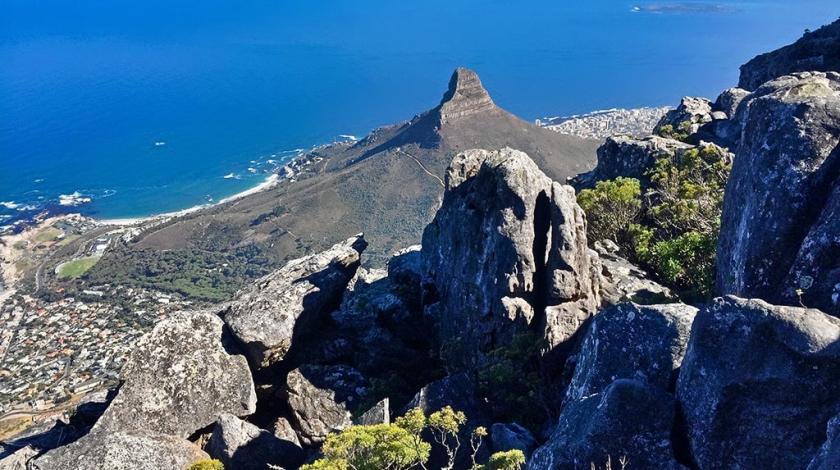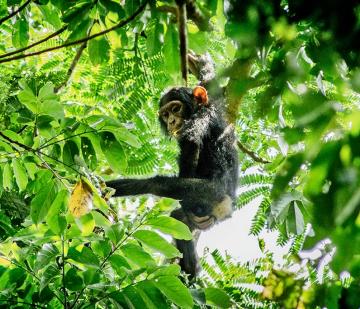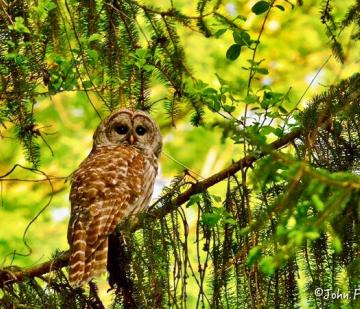BOOK WITH A $500 DEPOSIT
South African Penguins
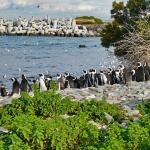
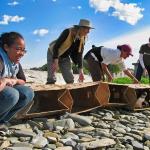
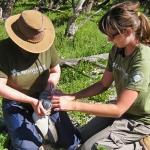
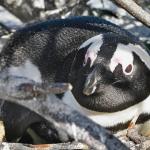
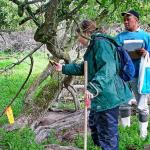
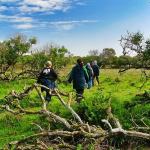
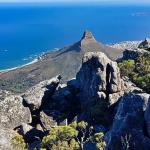
Over the past twenty years, almost ninety percent of the penguin population on Robben Island has disappeared. You can help conserve their habitat and protect their population.
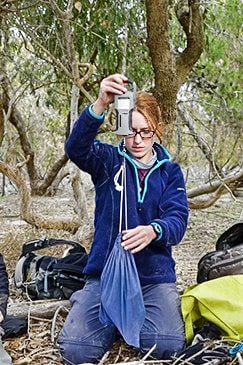 Robben Island is a hotspot for seabird biodiversity, including endangered cape cormorants, bank cormorants, and 2,900 African penguins. It lies in the middle of major shipping lanes, and the risk of oil spills to local seabirds has been well documented. You can help a team of Earthwatch scientists monitor seabirds on the island and help reduce the impact of the various threats to this fragile environment.
Robben Island is a hotspot for seabird biodiversity, including endangered cape cormorants, bank cormorants, and 2,900 African penguins. It lies in the middle of major shipping lanes, and the risk of oil spills to local seabirds has been well documented. You can help a team of Earthwatch scientists monitor seabirds on the island and help reduce the impact of the various threats to this fragile environment.
Working with experienced researchers and staff, your team will participate in various activities to monitor the health of this island environment. You’ll conduct population surveys on penguins and other seabirds to determine their breeding success and survival, monitor chick body condition as part of a globally unique experiment into the impacts of local fishing, and perhaps even help deploy high-tech tracking technology to monitor penguins' behavior at sea.
Your research will bring you face-to-face with the problems seabirds face, such as predation by seals, competition with fisheries, and changes to the shore and intertidal environments they inhabit.
A Typical Itinerary
- Day 1: Rendezvous, briefing, ferry to Robben Island
- Days 2–5: Monitoring penguins, measuring chicks, deploying tracking technology, helping injured penguins, predator assessments, and environmental surveys
- Days 6–7: Recreational Days. Volunteers may take the ferry to Cape Town overnight to participate in recommended tours and activities (at their own expense) or remain at the accommodations to rest and explore the island’s natural and cultural heritage sites.
- Days 8–11: Monitoring penguins, measuring chicks, deploying tracking technology, helping injured penguins, predator assessments, and environmental surveys
- Day 12: Departure at a time depending on the ferry schedule and weather
.
HOW YOU WILL HELP
.
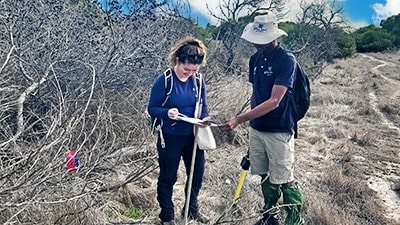
MONITOR PENGUIN NESTS
Volunteers on the April team will be present for the beginning of the penguin breeding season; they'll help record where penguins are nesting and select the penguin pairs to be studied throughout the season. Groups that follow will continue to monitor nests.
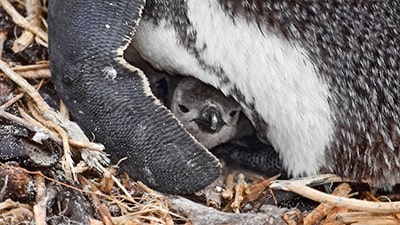
ASSESS CHICK BODY CONDITION
Volunteers will help weigh and measure penguin chicks. This data will be used to assess their body condition index (BCI, which is similar to BMI in humans). They will also help researchers assess the benefit of a newly established Marine Protected Area around Robben Island.
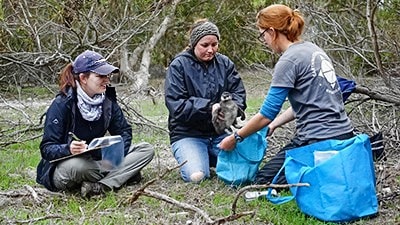
ASSESS SEABIRD PREDATORS & HABITAT
Volunteers will assist scientists in assessing the impact of predation events on seabird decline. Intertidal and beach surveys may also be conducted to determine environmental changes with which penguins and other seabirds interact.
Field conditions and research needs can change the itinerary and activities. We appreciate your cooperation and understanding.
.
FEEDBACK & QUESTIONS
5 Reviews on this Expedition
GET EARTHWATCH NEWSLETTER
Bi-weekly announcements, new expeditions, and updates on our impact around the globe.
.
.
.
